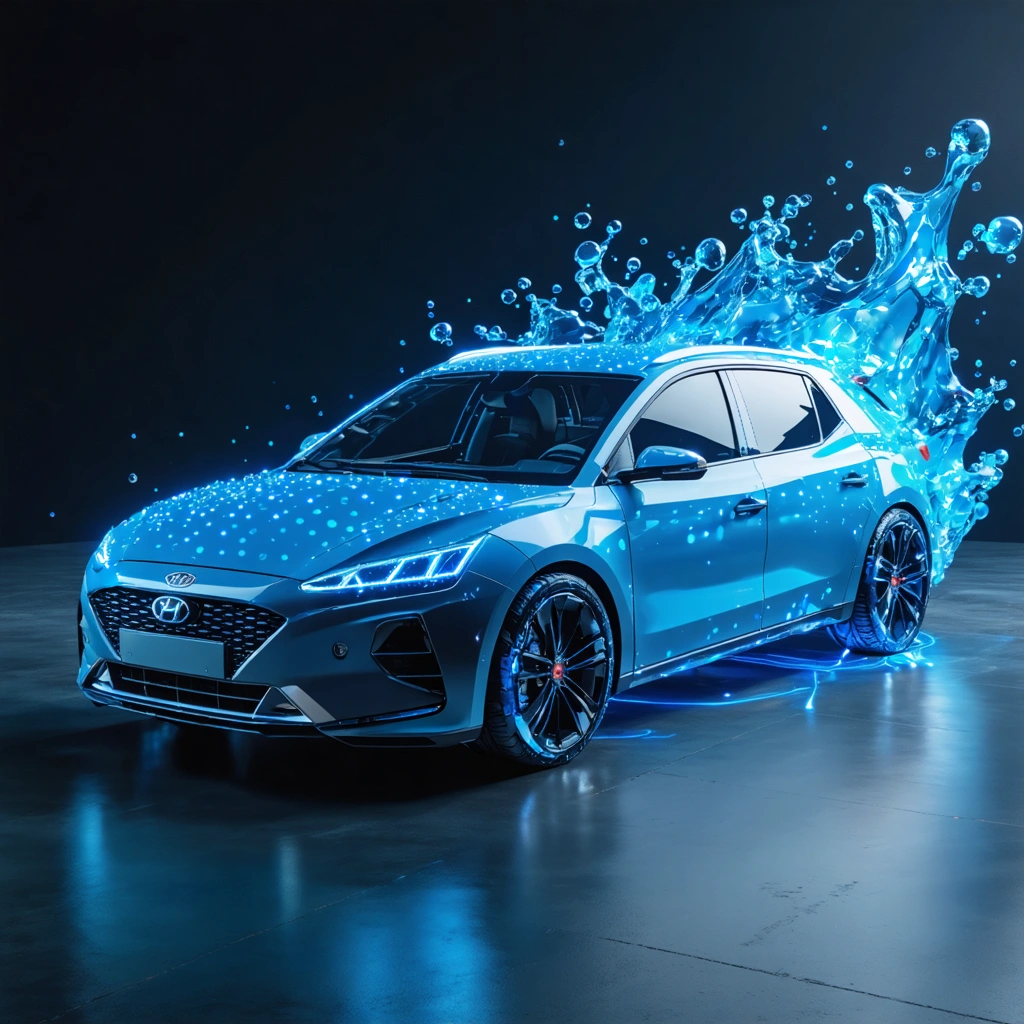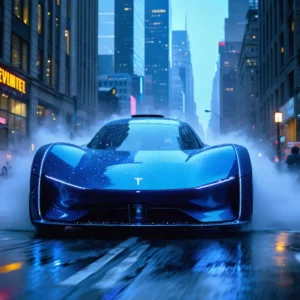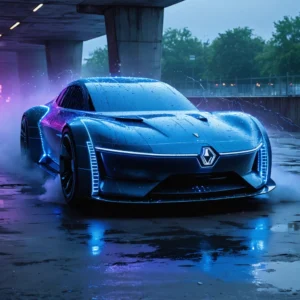
Introduction
The future of electric vehicles (EVs) lies in the efficiency of their batteries. However, the development of solid-state batteries, which are deemed to be superior to the liquid lithium-ion cells currently used, is a challenging task. Hyundai and Kia, two of the leading global automakers, are expected to delay the integration of solid-state batteries in their EVs until 2030.
The Challenge in Commercializing Solid-State Batteries
The groundbreaking technology of solid-state batteries is seen as the ideal solution for the next generation of EVs. These batteries offer greater energy density, faster charging times, and better safety features compared to conventional lithium-ion batteries. However, there are still multiple technical hurdles that need to be overcome before they can be commercialized.
Maneuvering Through the Technical Hurdles
The head of global product planning for Kia, Spencer Cho, revealed during the automaker’s EV Day on February 24th that the commercialization of solid-state batteries before 2030 is unlikely. Although this technology is highly anticipated, the technical challenges in its development make it a daunting task.
Understanding the Implications of the Delay
The delay in the implementation of solid-state batteries in Hyundai and Kia vehicles until the end of the decade indicates a conservative approach by the automakers. It could be seen as a strategic decision to focus on improving the existing lithium-ion batteries and the infrastructure supporting these batteries.
Looking Towards the Future
The potential delay in integrating solid-state batteries does not mean that these automakers are not looking towards the future. On the contrary, Hyundai and Kia are investing heavily in the development of their EVs, while also focusing on the improvement of existing battery technologies.
Intensifying the Competition
The delay in the introduction of solid-state batteries might intensify the competition among automakers, as many are striving to be the first to integrate this revolutionary technology into their vehicles. Companies that manage to overcome the technical challenges and commercialize these batteries could gain a significant competitive edge.
The Road Ahead
While the commercialization of solid-state batteries remains a challenge, it is clear that the future of the automotive industry revolves around EVs. Hyundai and Kia, by focusing on the improvement of their existing battery technologies, are catering to the immediate demand while also preparing for the future. In conclusion, the integration of solid-state batteries in Hyundai and Kia vehicles by the end of this decade may not be a reality, but it is certainly part of their long-term vision. The road to achieving this vision will undoubtedly be filled with challenges, but it is a journey that these automakers are committed to making.




